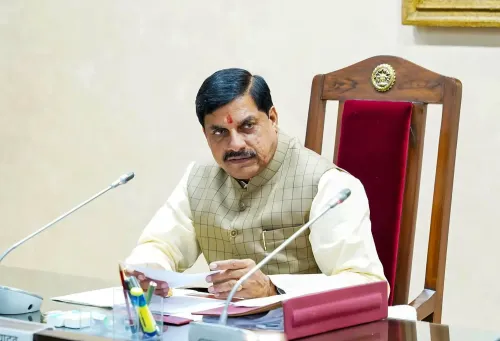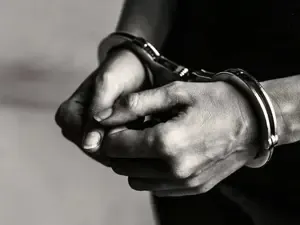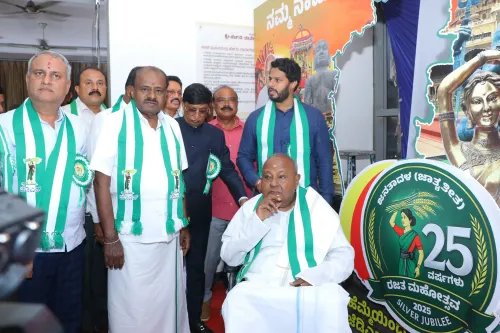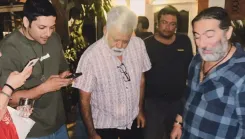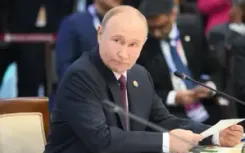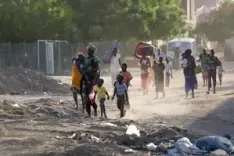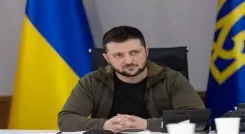Will India Talk to Pakistan Only About Terrorism and PoK?
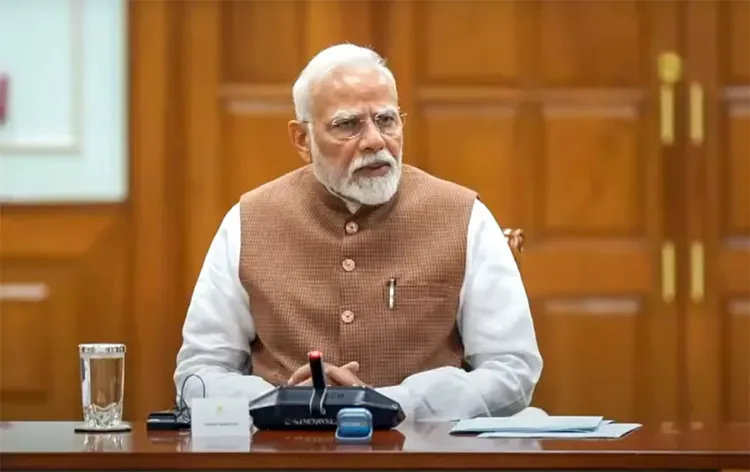
Synopsis
Key Takeaways
- India will only discuss terrorism and PoK with Pakistan.
- PM Modi's strong stance emphasizes national security.
- India denies any conditions regarding the Indus Waters Treaty.
- Evidence continues to link Pakistan to terrorist activities.
- India remains firm on bilateral issues regarding Kashmir.
New Delhi, May 12 (NationPress) Prime Minister Narendra Modi asserted on Monday that India will not participate in discussions with Pakistan, except for matters related to terrorism and Pakistan-occupied Kashmir (PoK).
In his first address after resolving military tensions with Pakistan, PM Modi maintained a strong position.
He criticized the Pakistani government and military for their support of terrorism, cautioning that such behavior could lead to their downfall.
The Prime Minister further stated that the Kashmir issue is inextricably linked to Pakistan’s persistent involvement in terrorism.
PM Modi clearly indicated that India will only converse with Pakistan on issues tied to terrorism or PoK.
His remarks came after reports that Pakistan had placed conditions on the ceasefire, including a request to reinstate the Indus Waters Treaty, which India had halted as a strategic non-military action.
India has dismissed these claims, reaffirming its unchanged position regarding the water-sharing agreement and asserting that no conditions were set concerning Jammu and Kashmir.
India has persistently accused Pakistan of facilitating cross-border terrorism through funding and training terrorists to carry out attacks on Indian territory.
While Pakistan has denied these charges, mounting evidence links the Pakistani establishment to terrorist activities.
Notable incidents include the 2001 Parliament attack, the 2011 Mumbai terror attacks, and the military operations in Uri and Pulwama in 2016 and 2019.
Recent investigations into the Pahalgam attack revealed that three terrorists were Pakistani nationals, and the Lashkar-e-Taiba-linked Resistance Front claimed responsibility.
India retaliated with Operation Sindoor, targeting nine terror camps in Pakistan and PoK, including headquarters of Lashkar-e-Taiba and Jaish-e-Mohammed.
Despite Pakistan's repeated requests for international mediation regarding Kashmir, India upholds that it is fundamentally a bilateral matter. When former US President Donald Trump offered to mediate, India promptly declined, reinforcing its stance that substantial dialogue can only take place if Pakistan halts its support for terrorism.
Despite occasional diplomatic gestures, India remains resolute in its belief that terrorism and dialogue cannot coexist.
With ongoing external pressures and international scrutiny, India is committed to maintaining its sovereignty and security, ensuring that Jammu and Kashmir remains a vital part of its national framework.

